Celebrating First Event at Eastern Campus: Medtronic's Mazor Roadshow
Viticus Group and Medtronic celebrated the first ever hands-on training event held in the new building, the Viticus Center—Eastern Campus!
2 min read
 Sharlene Guevarra
:
March 28, 2024 3:31:45 PM PDT
Sharlene Guevarra
:
March 28, 2024 3:31:45 PM PDT
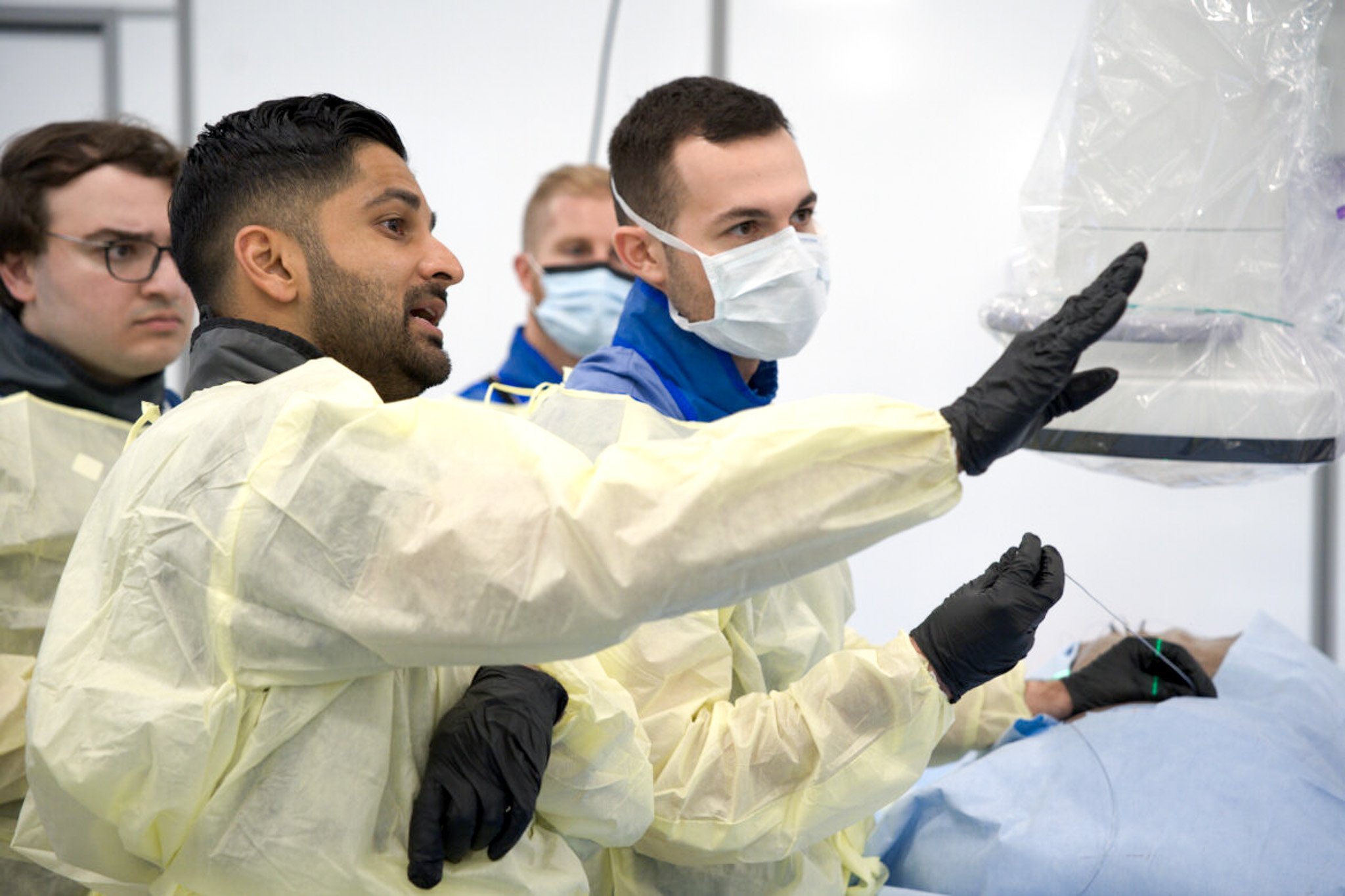
In a landscape increasingly dominated by digital technologies like AR/VR simulations or artificial intelligence, the relevance of traditional practices seems to be dissolving into the background. Contrary to popular belief, cadaver labs remain essential in education.
A Long-Established Approach Rooted in History
Despite the rising popularity of technology, cadaver labs have provided unparalleled advancements in many specializations over a span of centuries. Human cadaveric dissections have been relevant to medical studies beginning with human dissection during the 3rd century BC in ancient Greece. According to a 2015 academic journal published in the National Library of Medicine, “by the beginning of 15th century, cadaveric dissection became a regular event in European universities” and although there has been a slow decline in cadaver labs in medical schools over the past few decades, “research findings clearly emphasizes on the indispensability of dissection in anatomical sciences”. Cadaver labs have been pivotal to surgical breakthroughs and research development time and time again.
Increase in Demand for Less Invasive Surgical Techniques
The heightened demand for less invasive surgical techniques prompts an on-going need for cadaver lab training. According to an article published by PR Newswire, MarketsandMarkets™ conducted a March 2024 report on the minimally invasive surgery market. It’s estimated to be worth $34.0 billion in 2024, is poised to reach $74.6 billion by 2029, growing at a CAGR of 17.0% from 2024 to 2029. Additionally, a 2021 academic journal published in the National Library of Medicine emphasized the demand for this approach by healthcare institutions, industry, and patients is on an incline with no signs of stopping anytime soon.
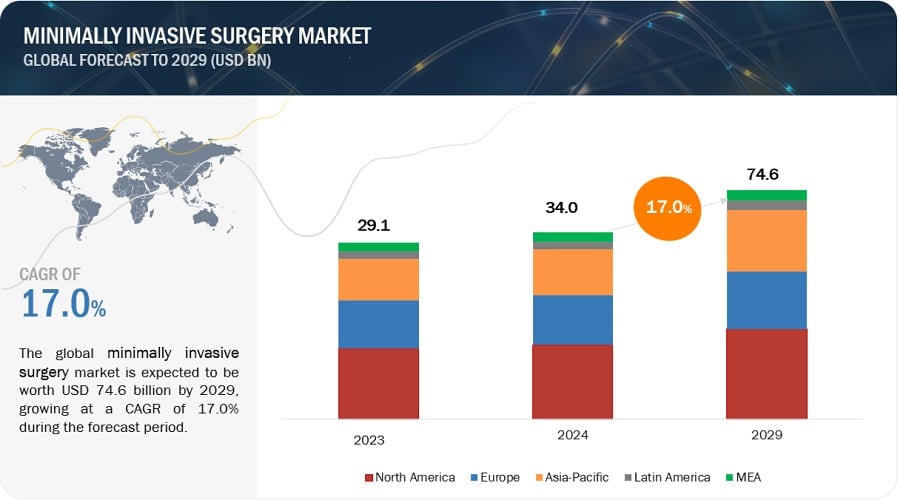
Image courtesy of MarketsandMarkets™
All Human Beings are Unique
Cadavers provide a visceral experience on how numerous people could have the same condition, but no two human bodies are entirely the same. This allows surgeons to enhance their ability to discern differences between textbook definitions versus their impact in real life scenarios. A blog post by the Nebraska Methodist College elaborates on how students in cadaver labs are “seeing these differences and discovering that while all humans do have the same basic anatomy, there are wide variations in how that anatomy appears”. Human beings are highly unique due to their differences through regional backgrounds, ethnicities, genetics, and medical histories. This is especially apparent in hands-on training with cadaveric tissue.
Donor Appreciation
The empathetic connection that is fostered between surgeon and patient starts with experiences in cadaver labs. According to MIT Technology Review, in the United States, approximately “20,000 people or their families donate their bodies to scientific research and education each year because they want to make their deaths meaningful”. John Waters, a professor of biology and anthropology and associate head of biology undergraduate education at Penn State’s Eberly College of Science believes, “the cadaver lab allows us to explore human anatomy in a very detailed, thoughtful way… the hands-on aspect provides such a strong and memorable experience that is difficult to recreate. There is something special about working with a human donor.”
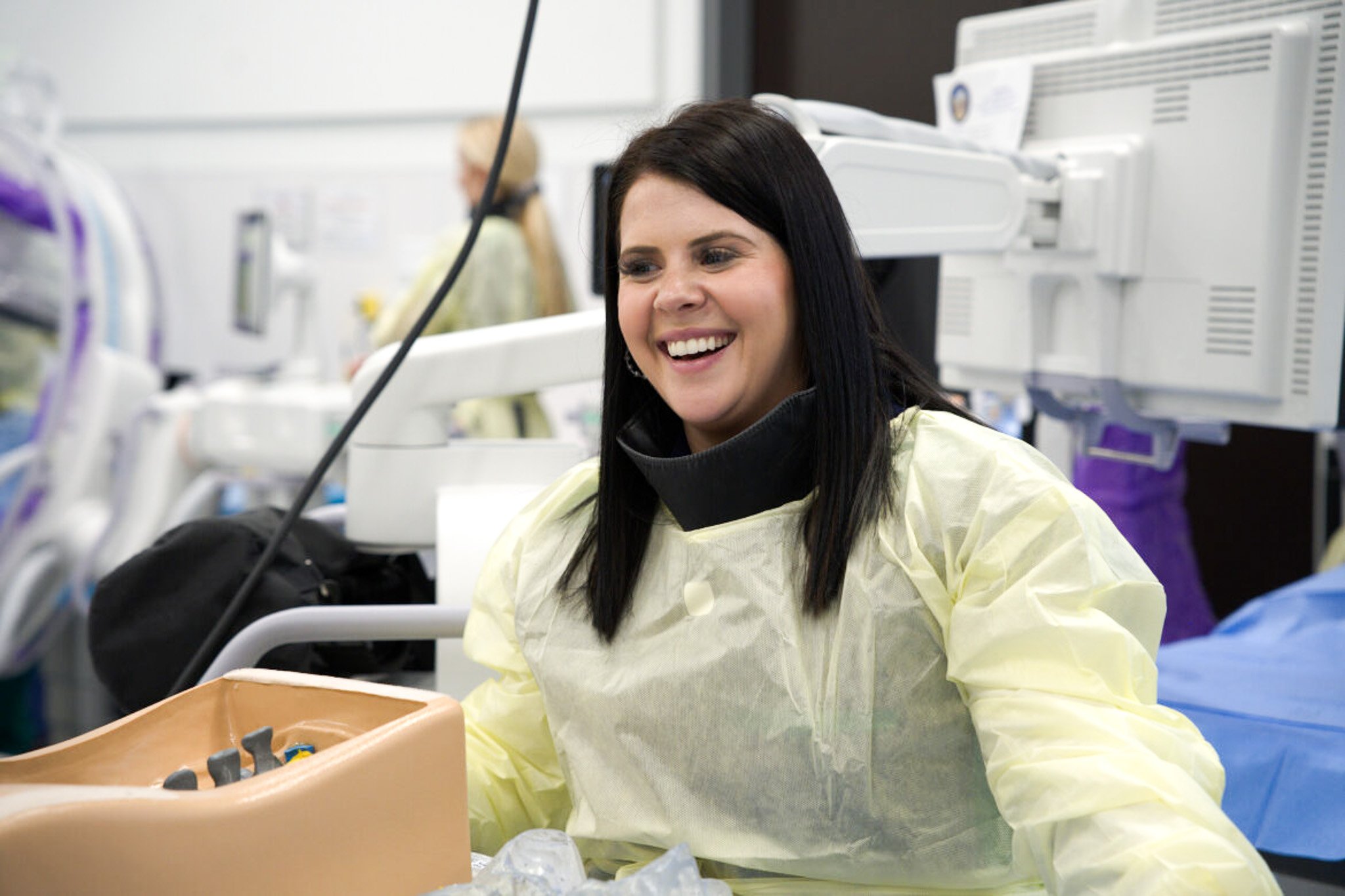
Surgeon Mental Health and Well-Being
For many aspiring surgeons, facing a donor is their first interaction with death, which ultimately prepares them for success in their careers in the long run. This allows surgeons to gain practice in processing a range of challenging and complex emotions prior to real life surgeries on living patients. Additionally, extensive preparation in this environment can relieve stress overall. As stated by the National Center for Biotechnology Information, “the surgical room can be stressful and it can be a source of high anxiety levels. Cadaver training is a worthwhile and efficacious tool in the education of surgeons, not only to decrease their anxiety level but also for the perception of self-care and well-being”. Training emotions is a critical aspect to the role of a surgeon because it increases their confidence and ability to work under pressure with ease.
While the digital age offers new and innovative tools, cadaver labs remain irreplaceable in creating a deeper understanding of human anatomy, honing surgical skills, and stand as a testament to the importance of tradition in the growing landscape of surgical excellence.
Are you interested in booking a cadaver lab at Viticus Group? Contact Sheri Hess at sheri@viticusgroup.org or at 702.275.7563 for more information.
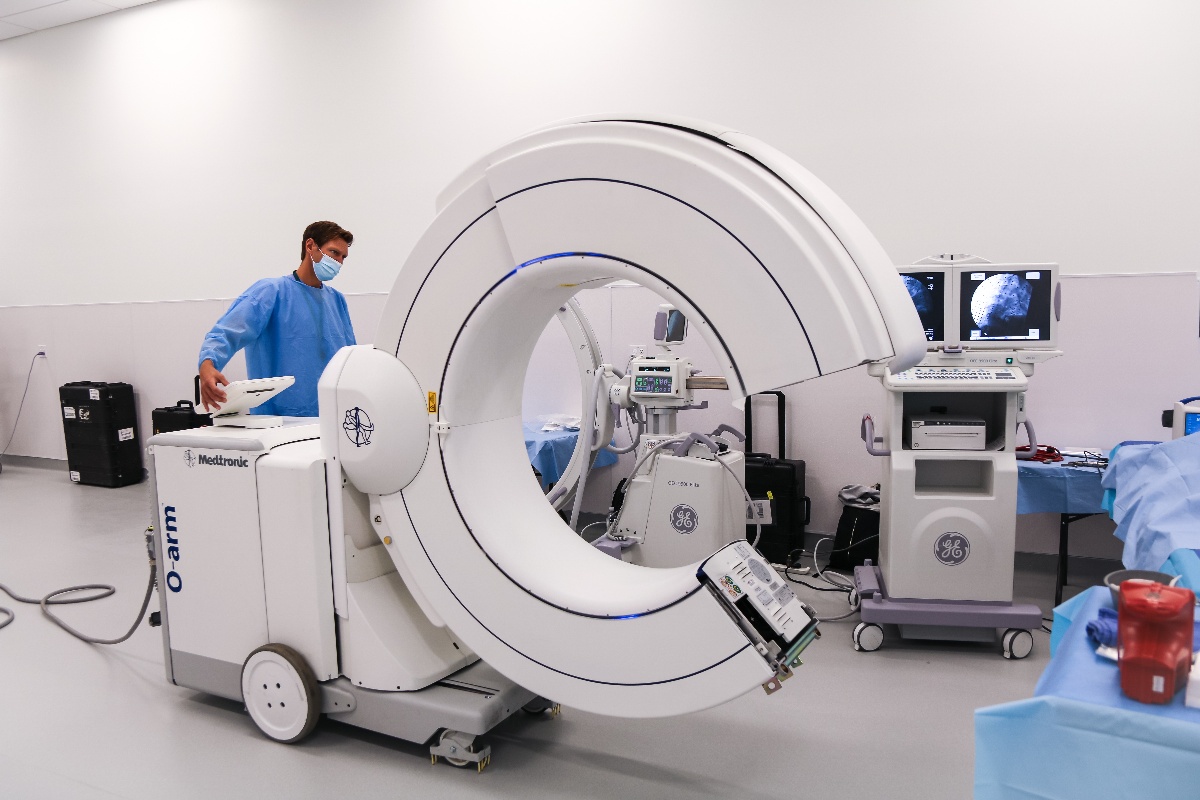
Viticus Group and Medtronic celebrated the first ever hands-on training event held in the new building, the Viticus Center—Eastern Campus!
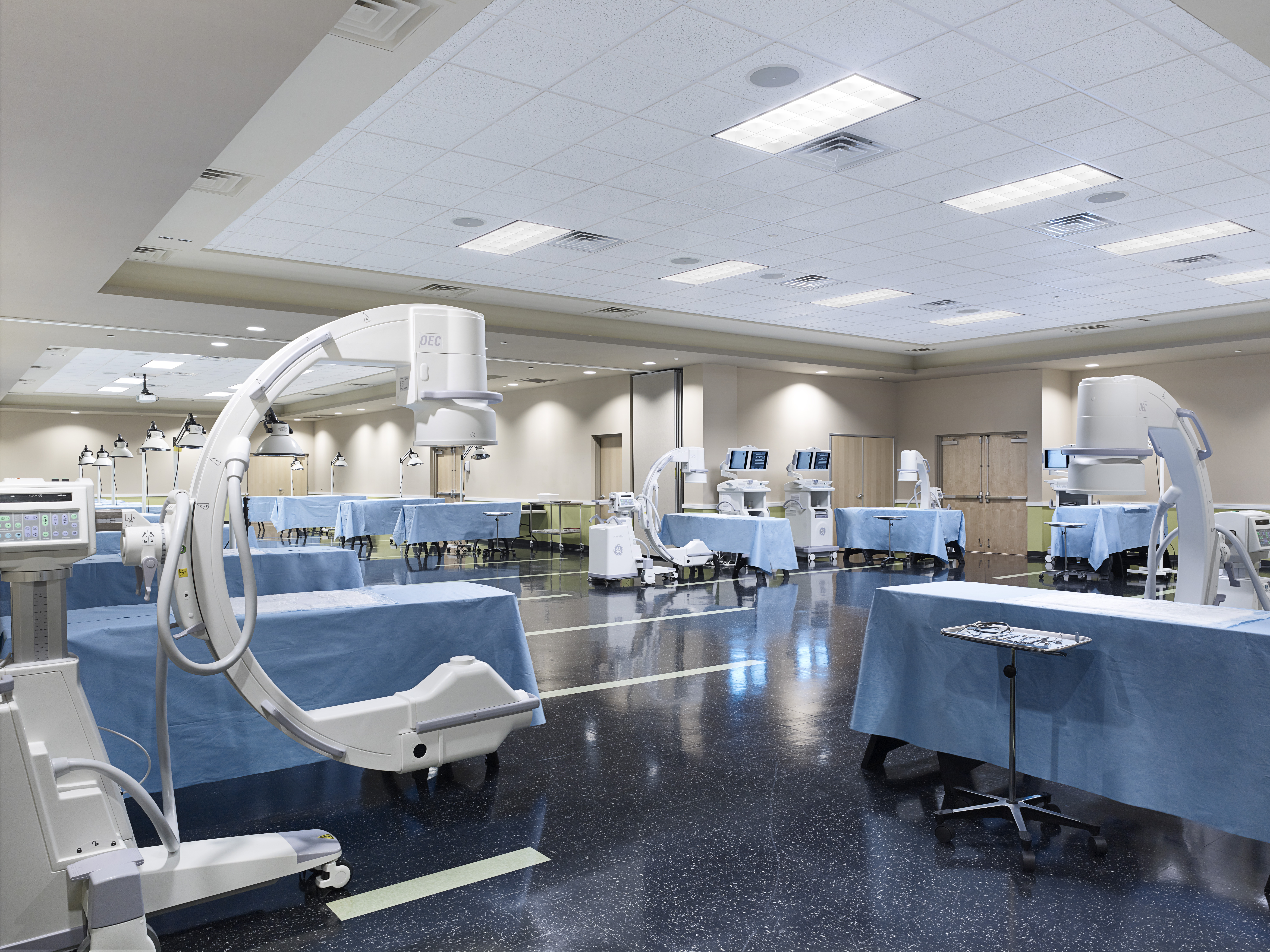
Introducing Viticus Academy CME, coming June 2021!
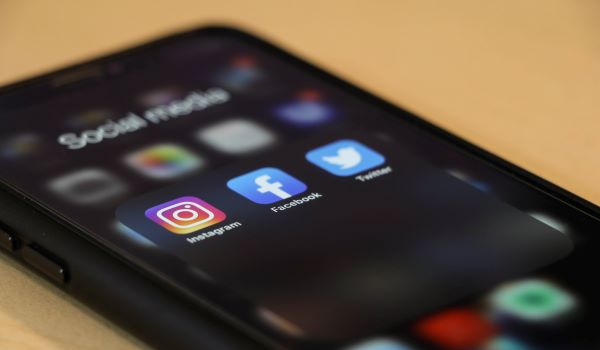
If you thought running into your teacher in the grocery store was weird, what about seeing your physician on the beach?.